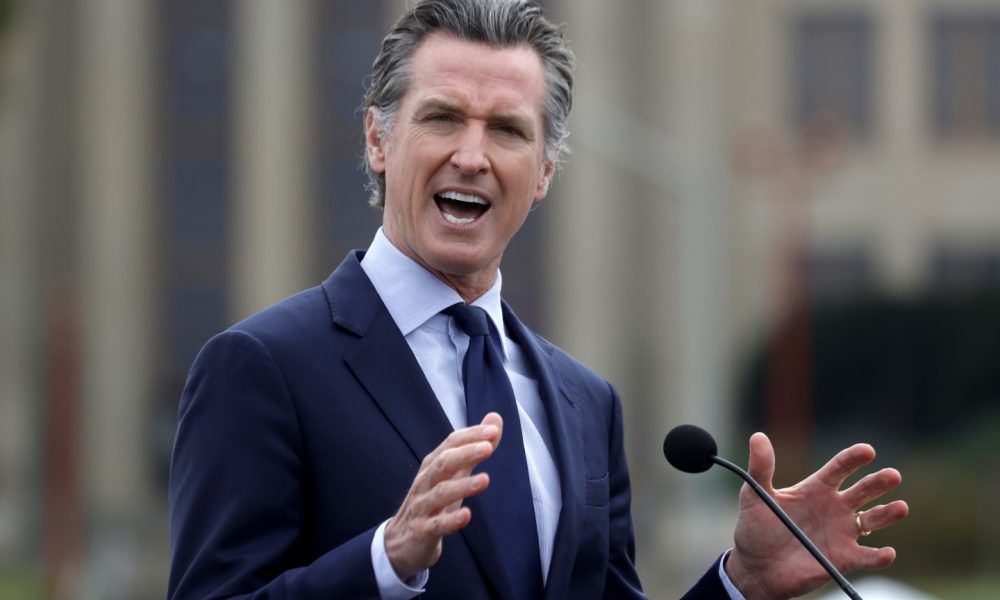The Trump administration believes reducing unemployment aid granted to American citizens will create incentive for these individuals to return to work. This announcement was released after reports indicated some citizens may be receiving more money staying home than they did as an active part of the American workforce.
What We Know:
- The $600 per week federal payment plan that was quickly pushed out in March in order to swiftly aid unemployed citizens, is set to expire within the coming days. Due to delayed decision making on Capitol Hill, a stopgap bill may be authorized. This would serve as a temporary expedient for the White House to come to a final decision without interrupting federal benefits from being delegated.
- Delays preventing the broader GOP bill that contains the unemployment component are in response to a divided White House. Although Democrats believe that hesitation to return to work is directly correlated to the growing number of both Coronavirus cases and deaths, Republicans believe that a lowered benefit that is capped at 70% of lost wages will surely get American citizens back to work.
“I think workers and Americans understand the concept that you shouldn’t be paid more to stay home than to work. That the fair thing is to replace wages, and it just wouldn’t be fair to use taxpayer dollars to pay more people to sit home than they would get working and get a job.”
-Steven Mnuchin (Treasury Secretary)
- The University of Chicago released data noting two-thirds of eligible workers are receiving benefits that exceed lost earnings. Therefore, this data suggests that not only would eligible workers not want to return to work but that some workers who have chosen to return to work and risk exposure are making less.
- Many small businesses are having to compete with the unemployment benefits given by the federal government. With the $600 per week aid, businesses offering their employees minimum or modest wages will be quickly defeated. This can, in turn, leave these smaller business with a staff not only reluctant to return to work due to the global pandemic but who would also rather remain on government aid.
The morality of American citizens earning more staying at home then being apart of the workforce is a multifaceted conversation. A middle ground must be found quickly in order to stabilize U.S. employment and ease the minds of those affected.



